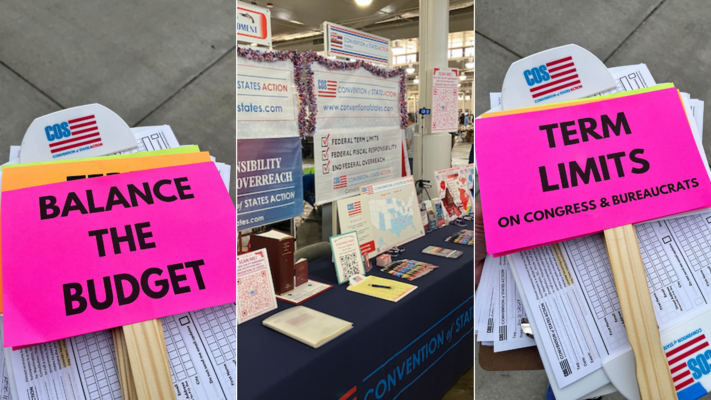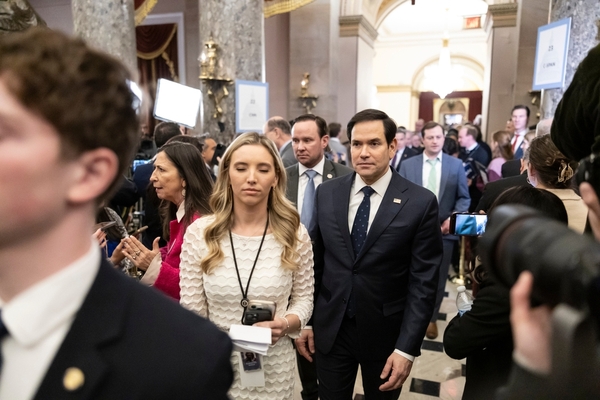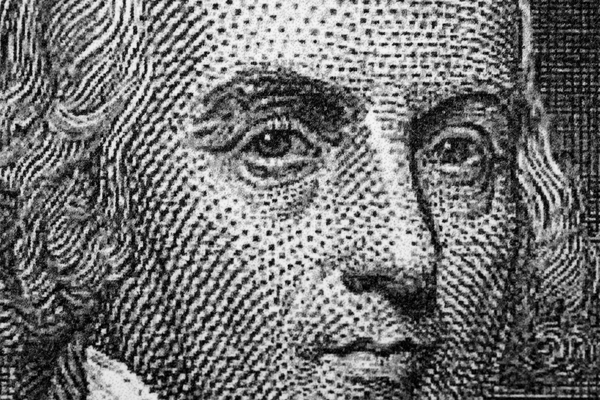
Published in Blog on April 28, 2025 by Jakob Fay
In a world that would sooner embrace civil war, do we have the courage to defend civilization?
Read more ›

Published in Blog on April 28, 2025 by Jakob Fay
In a world that would sooner embrace civil war, do we have the courage to defend civilization?
Read more ›
Published in Blog on April 28, 2025 by Jakob Fay
86 “yes” votes in Texas.
Read more ›Published in Blog on April 28, 2025 by Matt May
Music to our ears.
Read more ›
Published in Blog on April 28, 2025 by Matt May
A picture can be worth a thousand words.
Read more ›
Published in Blog on April 25, 2025 by Jakob Fay
Changing minds and spreading hope.
Read more ›
Published in Blog on April 24, 2025 by Jakob Fay
Did the media lie about Kennedy?
Read more ›
Published in Blog on April 24, 2025 by Convention of States Action
Reverence, reaffirmation, and rededication.
Read more ›
Published in Blog on April 24, 2025 by Jakob Fay
“Even with a new administration in place, the national government today is a leviathan whose power and control exceed anything ever imagined by the Framers of the Constitution.”
Read more ›
Published in Blog on April 23, 2025 by Jakob Fay
Our grassroots strength faces another big test.
Read more ›
Published in Blog on April 23, 2025 by Convention of States Action
New landing page ahead of COS at NRA.
Read more ›
Published in Blog on April 23, 2025 by Jakob Fay
Rubio’s reformation continues.
Read more ›
Published in Blog on April 23, 2025 by Macy Brookhouser
Each loss is a controlled burn—clearing the way for stronger, more unified growth.
Read more ›
Published in Blog on March 03, 2025 by Matt May
Would you consider the Senate a demotion? In can be in D.C.
Read more ›
Published in Blog on April 22, 2025 by Matt May
"A click a day can keep tyranny away."
Read more ›
Published in Veterans Blog on April 22, 2025 by Brett Kulbis
COS Hawaii's Brett Kulbis assumes the duties of Convention of States National Veterans Coalition Director.
Read more ›
Are you sure you don't want emailed updates on our progress and local events? We respect your privacy, but we don't want you to feel left out!